Starting in the mid-1980s, the FCC established various programs, collectively called the Universal Service Fund (USF), to increase access to communication services in the home at “just, reasonable and affordable rates for all consumers.” Universal service consists of three main components:
Telecommunications providers (such as telephone, cable and cell phone companies) must contribute to the USF. Ultimately, most providers add a small Universal Connectivity Fee to each customer’s bill.
USF has played a role in bringing U.S. telephone adoption rates to 95.6 percent of Americans. The fund is currently at 8.7 billion dollars as of 2010.
https://www.nhmc.org/wp-content/uploads/2010/06/MADCo-USF-Two-Pager.pdf ]]>